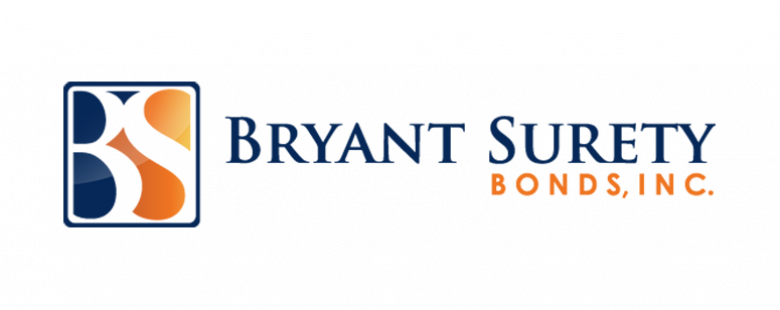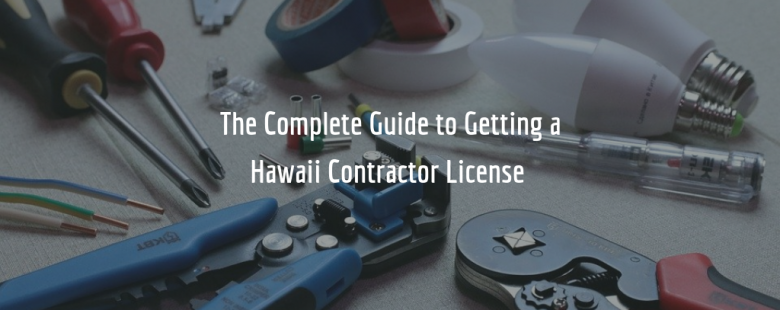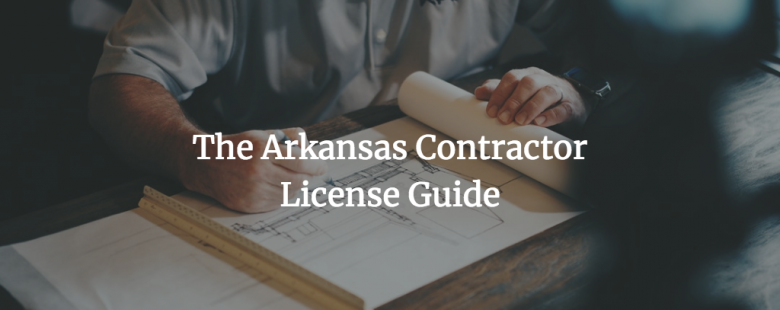Get Ready for the 2024 Oklahoma Dealer License Renewal
Oklahoma auto dealers, the deadline for renewing your license is approaching fast. Like every year, all renewals should be done by December 31st. To make sure you stay safe in business, why not take





